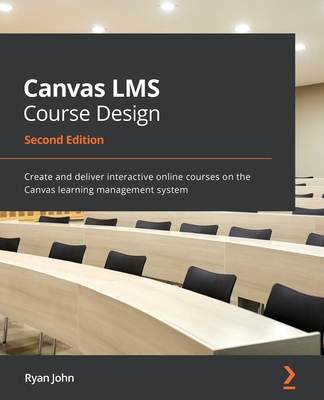Making Use: Scenario-Based Design of Human-Computer Interactions
Carroll, John M.
- 出版商: Summit Valley Press
- 出版日期: 2003-01-01
- 售價: $1,930
- 貴賓價: 9.5 折 $1,834
- 語言: 英文
- 頁數: 382
- 裝訂: Quality Paper - also called trade paper
- ISBN: 0262513889
- ISBN-13: 9780262513883
-
相關分類:
設計需求 Requirement
海外代購書籍(需單獨結帳)
相關主題
商品描述
Difficult to learn and awkward to use, today's information systems often change our activities in ways that we do not need or want. The problem lies in the software development process. In this book John Carroll shows how a pervasive but underused element of design practice, the scenario, can transform information systems design. Traditional textbook approaches manage the complexity of the design process via abstraction, treating design problems as if they were composites of puzzles. Scenario-based design uses concretization. A scenario is a concrete story about use. For example: "A person turned on a computer; the screen displayed a button labeled Start; the person used the mouse to select the button." Scenarios are a vocabulary for coordinating the central tasks of system development--understanding people's needs, envisioning new activities and technologies, designing effective systems and software, and drawing general lessons from systems as they are developed and used. Instead of designing software by listing requirements, functions, and code modules, the designer focuses first on the activities that need to be supported and then allows descriptions of those activities to drive everything else. In addition to a comprehensive discussion of the principles of scenario-based design, the book includes in-depth examples of its application.
作者簡介
John M. Carroll is a professor in the School of Information Sciences and Technology at Penn State University, University Park, PA. He has been elected into the CHI Academy by The Association for Computing Machinery's Special Interest Group on Computer-Human Interaction (ACM SIGCHI) in recognition of his outstanding leadership and service in the field of computer-human interaction.











